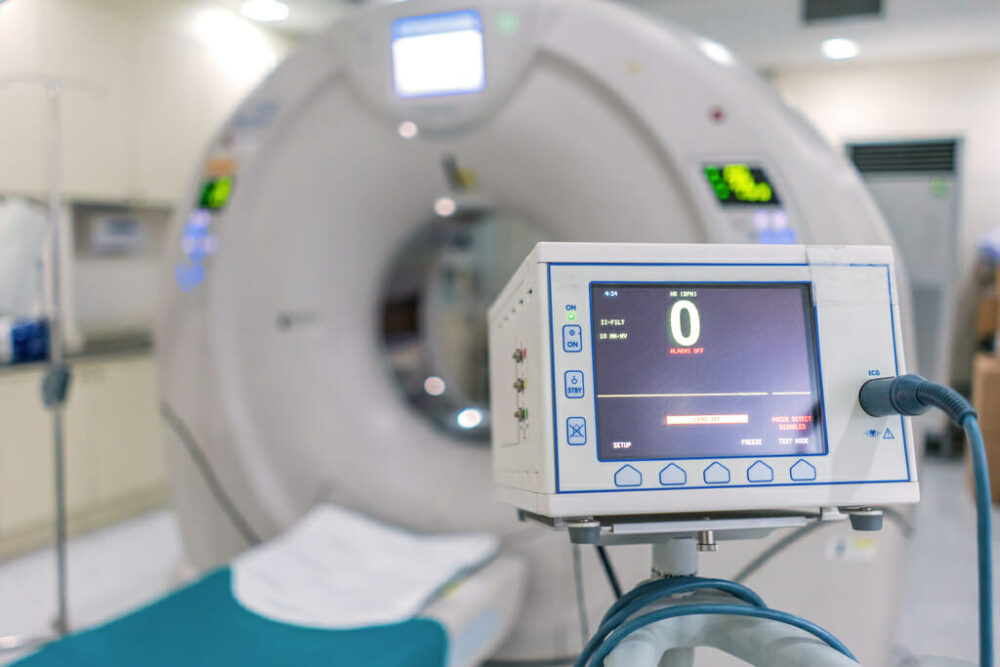Heart failure occurs when your heart weakens and gradually fails to pump blood as it should. One of the noticeable signs of heart failure is swelling, particularly on your feet, ankles, and hands. Read on to find out if your swollen feet are a sign of heart failure.
Heart failure and oedema
One of the key functions of your heart is to transport substances such as fluids and nutrients to various parts of your body for use and excretion. With heart failure, this circulation slows down and becomes less efficient.
Hence, fluid that your blood would normally pick remains trapped in your body’s tissues, resulting in a condition known as oedema. While oedema can occur in any body part, it’s more common in your feet, ankles and hands.
Additionally, with heart failure, your body becomes less able to remove sodium, which also causes abnormal swelling.
Other causes of oedema
Heart failure is not the only cause of swollen feet. Other causes can include:
- Gravity: If you’ve been standing or sitting in one place for too long, gravity pulls the fluid in your body down to your feet, causing swelling
- Medications: Especially pain or blood pressure medications
- High salt intake: Packaged and processed foods can increase your body’s sodium levels
- Pregnancy: As your baby grows, the uterus puts pressure on the lower half of your body, affecting circulation
When to see a private cardiologist
Since there are different causes of swollen feet, that symptom alone may not be reason enough to seek medical attention for a heart ultrasound. Experts recommend looking out for other signs such as:
- Shortness of breath
- Unexplained fatigue or weakness
- Heart palpitations
- Pain in the right upper stomach
- Wheezing or coughing
- Chest pain
- Swelling that hasn’t gone down in a while
- A history of heart conditions and lung failure
However, it’s better to be safe than sorry. So, don’t hesitate to book a consultation with a private cardiologist for a heart check-up. They can carry out various tests to determine whether your swollen feet are a sign of heart failure.
Ready to book your consultation?
If you have swollen feet, get in touch with Dr Georgios Karagiannis today to schedule your heart check-up. It will go a long way in identifying or excluding any heart problems that cause oedema.
Request A Call Back
Please fill in the contact form and we will call you back at a time most convenient for you.
RECENT POSTS




